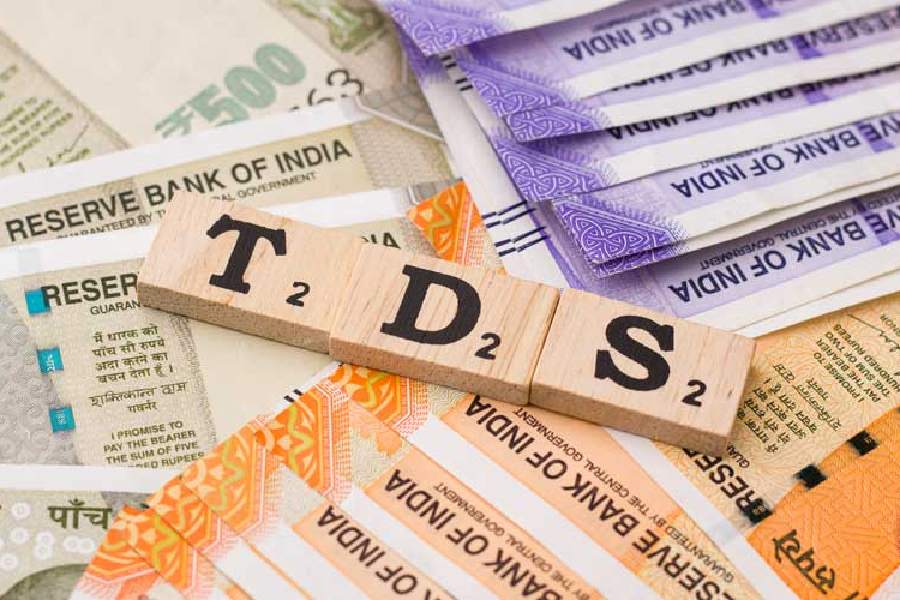Industry is lobbying for a uniform rate of 1 to 2 per cent TDS on payments to all resident assessees.
In its pre-Budget memorandum to the finance ministry, Assocham argued that the move would reduce litigation arising from interpretational ambiguities and improve tax compliance.
Tax deducted at source (TDS) has been a bone of contention between assessees and tax authorities.
Assocham also wanted the government to decriminalize certain TDS defaults. At present, defaults attract severe penalties, including imprisonment of up to seven years under Section 276B of the Income Tax Act.
“Criminal proceedings should apply only when taxpayers enrich themselves at the expense of the government—not in cases where payments are made without TDS application,” said Assocham president Sanjay Nayar.
“We anticipate reforms in the Union Budget for 2025-26 that reduce litigation and enhance compliance. Corporate India is optimistic about measures to boost both investment and consumption.”In her budget presented in July, finance minister Nirmala Sitharaman had promised a comprehensive review of the Income Tax Act. “The purpose is to make the Act concise, lucid, easy to read and understand. This will reduce disputes and litigation,” she had said.
The review was supposed to be completed in six months. But for a start, she had proposed a simplified tax regime for charities, tweaked the TDS rate structure, and revised provisions for reassessment and search operations.
The Finance Bill 2024 proposed to merge the two tax exemption regimes for charities into one. The 5 per cent TDS rate on many payments was also merged into the 2 per cent TDS rate while the 20 per cent TDS rate on repurchase of units by mutual funds or UTI was withdrawn.
Sitharman had also proposed to reduce the TDS rate on e-commerce operators from 1 to 0.1 per cent. Moreover, credit of TCS was proposed to be given in the TDS to be deducted on salary.
She had also promised to decriminalize delay for payment of TDS and rationalise the compounding guidelines for such defaults.
The Federation of Indian Chambers of Commerce and Industry (FICCI) and the Confederation of Indian Industry (CII) have also urged the finance ministry to streamline TDS rates to lower the compliance burden on taxpayers.
FICCI said the government should streamline the TDS payment structure by implementing three main rate categories: TDS on salary at the slab rate, TDS on lotteries/online games at the maximum marginal rate, and two standard rates for TDS across different categories.
The CII proposed a system with two to three payment categories and a small list of exempted items from TDS. It highlighted the ease of tax collection for the government through Form26AS/AIS, which captures all TDS information of deductees.
The CII suggested applying normal slab rates for TDS on income of the salaried class, while setting TDS rates for lotteries and horse race winnings at 30 per cent. The organization recommended maintaining current TDS rates for sections with rates below 5 per cent, and applying a 2-4 per cent tax rate for all other payments. The CII also recommended an exemption on payments to senior citizens and registered charities from TDS obligations.
Assocham also proposed changes to the treatment of buyback proceeds, suggesting that only the portion equivalent to a company’s accumulated profits be classified as dividends. The remaining amount, it argued, should be taxed as capital gains, similar to capital reductions and liquidations.










